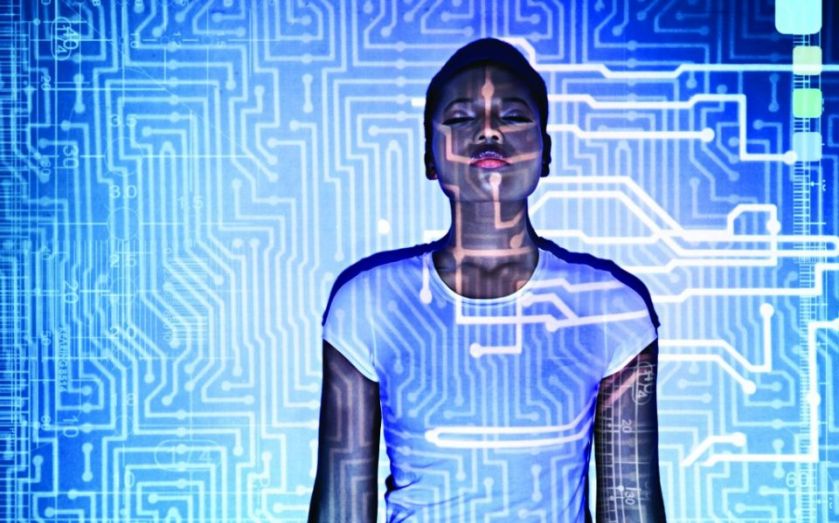Would you get a chip in your hand for work?

The days of security codes and swipe cards could be soon forgotten.
Microchips are commonly found in our computers, mobile phones, cats and dogs. But office workers? Not unless we’re suddenly about to become part cyborg.
Yet that is exactly what the staff at Epicenter, a high-tech office block in Sweden, are currently being offered: the chance to have a tiny microchip, about the size of a grain of rice, implanted in one of their hands.
The RFID (radio-frequency identification) microchip is being offered to all the office complex’s 700 members of staff, and will allow them to open doors and pay for items with just the simple swipe of the hand.
Hannes Sjoblad, the leader of the tech business behind the project, BioNyfiken, eventually hopes to have up to 10,000 Swedes microchipped over the next few years. But will this ultra-personal technology ever really take off? City A.M. weighs up the pros and cons of choosing chip and skin over chip and pin.
THE POSITIVES
It may seem slightly trivial, but these microchips mean an end to the frantic panic and frustration when you forget the pin or passcode for some locked office door. Emptying pockets to find an elusive swipecard will also seem as dated as hand-written notes instead of emails. With a little tweak in the microchip’s tech, it can even be used to unlock your mobile phone, which may save you a few vital seconds (every one counts, after all) during your day.
“We already interact with technology all the time,” Sjoblad told the BBC’s Rory Cellan-Jones, who tested the technology by having a chip embedded in his own hand. “Today it’s a bit messy – we need pin codes and passwords. Wouldn’t it be easy to just touch with your hand? That’s really intuitive.”
THE NEGATIVES
As with contactless payments, some fears exist about whether microchips would transmit data to outside sources, posing a serious security risk to any company using the technology.
“One thing that everyone is talking about in tech these days when it comes to security is two-factor authentication,” says Alex Wood, editor-in-chief at Tech City News. “By having a chip put into your skin, while you can say it’s unique to you, it’s incredibly easy to copy the data off the sort of transmitters they would use.”
It’s the stuff of sci-fi movies. “With the microchips, people might be able to capture information from wherever you embed them in someone’s body, which is then ever so easy to copy and re-produce,” says Wood.
For most companies, the main issue to consider is staff churn. What happens, for example, when a microchipped employee moves elsewhere? Do they make their way down to the local hospital and go under the surgeon’s scalpel? Or would they keep the microchip? If so, what a weird, life-long leaving gift (which could still provide unlimited access to their old office, of course).
Maximise your time
Free
If you regularly work to tight deadlines, or you simply struggle to organise your time, 30/30 could be just the app for you.
It’s been heralded as one of the best ever apps designed for iPad and iPhone, allowing you to set up a list of tasks and a time limit for each one. Boasting a five-star rating from more than 100 users, its strength lies in its simplicity. After completing one task, you can simply swipe across your phone’s screen to move on to the next one on your list – whether that’s replying to emails or putting on the kettle.